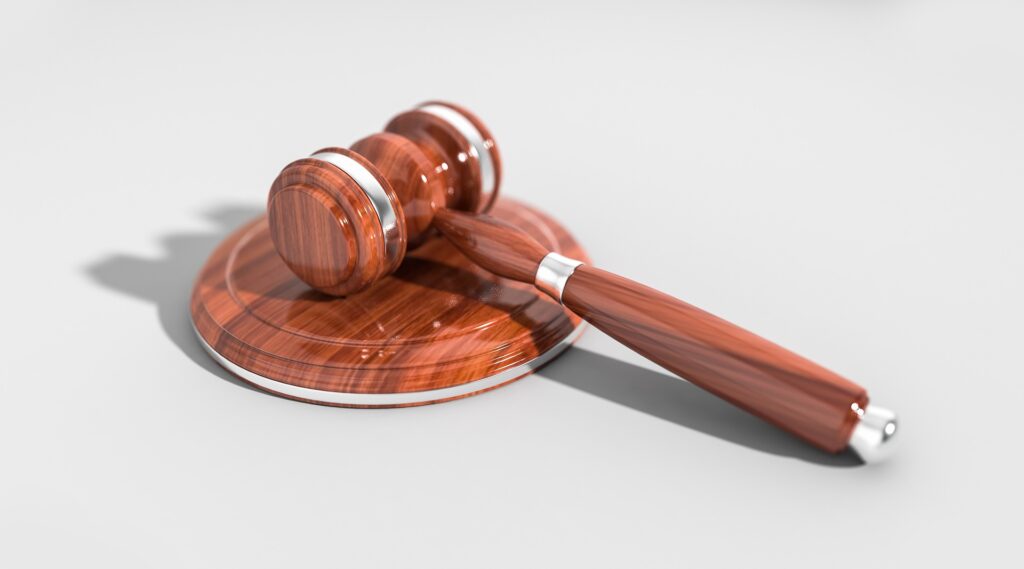Judicial Review in India
Contents
The judicial review doctrine adopted by India basically was instigated in the USA. Whereas it did exist in India before but was made part of the constitution later, and the judicial review power is conferred by the constitution itself. The chief rationale of judicial review is to uphold the civil rights and emancipation of individuals. And the power is in the hands of Indian courts i.e. supreme court and high court.
The function of judicial review is to scrutinize the legality of parliamentary ratification and administrative commands including the state and central governments. Anything can be declared by the judiciary as illegal, unconstitutional if violations to the constitution are encountered on assessment.
Aspects of Judicial Review
Judicial review has been divided into three categories which are as follow:
- Constitutional amendments can be reviewed.
- The legislation of the state, parliament, and subordinate can be taken into consideration under judicial review.
- Lastly judicial review of the executive performance conducted under the state by the union, state, and authorities.
Judicial Review Attributes
Following are some salient attributes:
Power distribution
The power of judicial review is allocated to both the Supreme Court and the high court of India both can play their respective roles but the ultimate power of the final verdict to decide the legitimacy of any bylaw in accordance with the instrument of government with the Supreme Court of India.
Restrictions
Though judicial review can be conducted with the laws under the constitution but the laws incorporated in the constitution of the ninth schedule are prohibited to be conducted under judicial review.
Judicial review of laws
The state law and central laws can be re-examined and judicial review can be accomplished with:
- All state and central laws
- And regulation of the decision-making and legitimate modification.
Judicial review not applicable to political issues
Judicial review is not functional on any political issues and it can only be applied to the uncertainty of the law.
Authority of Supreme Court over judicial review
The supremacy of judicial review cannot be used on its own by the Supreme Court. Though the last verdict is given by Supreme Court but when the laws or rules are confronted before it, it then has the power to use it other than that when hearing the case and laws face up to before it. These are only the situations when it has the power to use judicial review.
Implementations of the decision of the judicial review
The decisions of judicial review are enforced from the date when it was declared as invalid i.e. the day when the judgment was passed. The events conducted before the law was affirmed invalid, will be considered valid.
Citation of provision
After the law is declared as invalid, violation of the constitution it is, therefore, the obligatory on Supreme Court to allude to the provisions of the instrument of government the law violates. The invalidity of law or rule has to be justified by the court by any means.
Is judicial review an absolute power?
Absolute power is the power that cannot be touched. And yes judicial review is absolute power and not an iota is proficient to take this power from the courts because it has been described as a part of the basic structure of the constitution of India described by two judgments i.e. KESAVANADA BHARATI 1973 and I.R.COELHO 2007. The Supreme Court has declared that the state cannot violate it.
Critics to Judicial Review
Autocratic
According to the critics, the fate of laws is not in the hands of the legislature who are makers of the law. They see the judicial review as autocratic because, in a democracy, its people and their representatives have the right to decide for them the sovereign authority but judicial review provides this power of declaring a law valid or invalid to the courts of the state.
Ambiguity in judicial review
There are some provisions and articles of the constitution on which judicial review rests upon. The system of judicial review by the Indian constitutions has not been described with lucidity they are uncertain because only a few articles cannot illustrate an entire system.
Intransigent
The judgments passed by supreme courts are criticized by critics stating that the traditionalist and legalistic approach is followed by the court while formatting either law is constitutionally valid or invalid and because of this, the judicial review by critics is considered as a system that is inflexible that is totalitarian in nature.
Parliament as neglected house
As the final decision has to be given by Supreme Court. For that reason, parliament and their suggestions and opinions are neglected because either the law has to remain in force or not is only decided by the SC. The critics argue that the members of the parliament are individuals elected by the people and that the suggestions of parliament shall be considered.
Rationalization of Judicial Review
Where there are critics, the supporters of judicial review also exist in huge numbers. They present their views stating that for the Indian liberal and federal system the existence of judicial review is of foremost importance.
The supporters of judicial review state that it is necessary and very constructive as well. And there are multiple rationales why they support the judicial review and a few of the main points are as follow:
- The pre-eminence of the constitution can be preserved by judicial review.
- The powers can be misused by the executive or legislature because according to the theory of international relations realism talks about the selfish nature of human being and that for realist power is the most essential element to keep check and balance that the power shall not be misused it is significant to have judicial review.
- To safeguard the civil rights of individuals judicial review serves as a device.
- The importance of the judiciary cannot be denied by anyone and everyone is obligated to obey the judgments of the Supreme Court which lend a hand in the retaining of the federal balance.
The Supreme Court will not misuse the power because of the presence of a number of checks on them the statement is ambiguous but a point lay down by the supporters of judicial review.
Conclusion
The laws shall be stable yet these shall have the flexibility that these can be changed or considered invalid according to the given circumstances and if declared as invalid the other laws shall not be affected by it. The judicial review played its role in giving awareness to the people of their basic rights. Therefore it is obligatory on judges as well to give valid and logical judgments and to provide proper explanations.
There are many cases present in India through which we can conclude that judicial review is really helpful although there are a lot of ambiguities that exist in the judicial review still it has played its role in the implementation of the lawful obligations.





